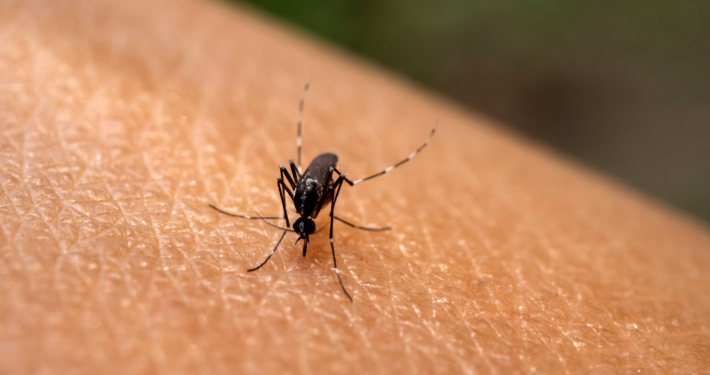Decoding the Mosquito Bite: How These Pests Get Under Our Skin
Discovering the secrets behind mosquito bites is not just about satisfying curiosity; it holds significant importance in safeguarding our health. Understanding how and why mosquitoes bite us can help us take proactive measures to protect ourselves from these pesky pests and the diseases they carry.
By: Richard Rich
Introduction:
Mosquitoes, those tiny buzzing creatures, have an uncanny ability to leave us with itchy and irritating bites. But have you ever wondered how and why they choose us as their prey? In this article, we dive deep into the intriguing world of mosquito bites, unraveling the science behind their feeding habits and uncovering fascinating facts along the way.
The Mechanics of a Mosquito Bite:
When a mosquito lands on our skin, it begins its intricate feeding process. Contrary to popular belief, mosquitoes don’t actually bite in the traditional sense. Instead, they use a proboscis, a long, slender mouthpart, to pierce our skin. The proboscis consists of two tubes—a thinner one that injects saliva and a slightly thicker one that sucks up our blood.
Feeding Habits and Preferences:
Mosquitoes are attracted to their targets through a combination of factors, including body heat, carbon dioxide, and certain scents. Interestingly, studies have found that mosquitoes are more attracted to individuals with type O blood, pregnant women, and people who produce higher levels of certain chemicals, such as lactic acid.
But how do mosquitoes locate a suitable feeding spot? Contrary to popular belief, they don’t rely on a keen sense of sight. Instead, they use receptors on their antennae to detect heat and chemical cues emitted by our bodies. Once they land, they probe the skin until they find a capillary or blood vessel from which they can draw blood.
Fascinating Facts about Mosquito Bites:
- Only female mosquitoes bite: While both male and female mosquitoes feed on plant nectar, it is only the female mosquitoes that require blood for egg production. Males primarily feed on plant sugars.
- Mosquitoes can sense fear: When we’re frightened or experiencing elevated stress levels, our bodies release certain chemicals that mosquitoes are highly attuned to, making us more attractive targets.
- Mosquito saliva causes itchiness: The red, itchy bump that appears after a mosquito bite is not caused by the bite itself but rather by the mosquito’s saliva. The saliva contains proteins that trigger an immune response, resulting in the characteristic itching and swelling.
- Not all mosquitoes transmit diseases: While mosquitoes are infamous for transmitting diseases like malaria, dengue fever, and Zika virus, it’s important to note that not all mosquito species carry disease-causing pathogens.
- Mosquitoes have a preference for certain body parts: Mosquitoes are often drawn to exposed skin areas, such as ankles and feet, as they tend to release higher levels of heat and attractants like lactic acid.
Preventing Mosquito Bites:
To protect yourself from mosquito bites and reduce the risk of mosquito-borne diseases, consider the following preventive measures:
- Use insect repellents: Apply EPA-approved insect repellents containing ingredients like IR3535 to exposed skin. Avoid unapproved ingredients like Citronella, or Lavender that don’t require testing.
- Wear protective clothing: Cover up with long-sleeved shirts, long pants, and socks when in mosquito-prone areas.
- Eliminate breeding grounds: Remove standing water sources, such as buckets, flowerpots, and clogged gutters, as they serve as breeding sites for mosquitoes.
- Install screens and nets: Use window screens and bed nets to create a physical barrier between yourself and mosquitoes.
Conclusion:
Mosquito bites may be an irritating part of the summer season, but understanding the mechanics behind them empowers us to take effective preventive measures. By knowing their feeding habits and preferences, we can better protect ourselves from these buzzing pests and minimize the risk of mosquito-borne diseases. So, the next time you encounter a mosquito







